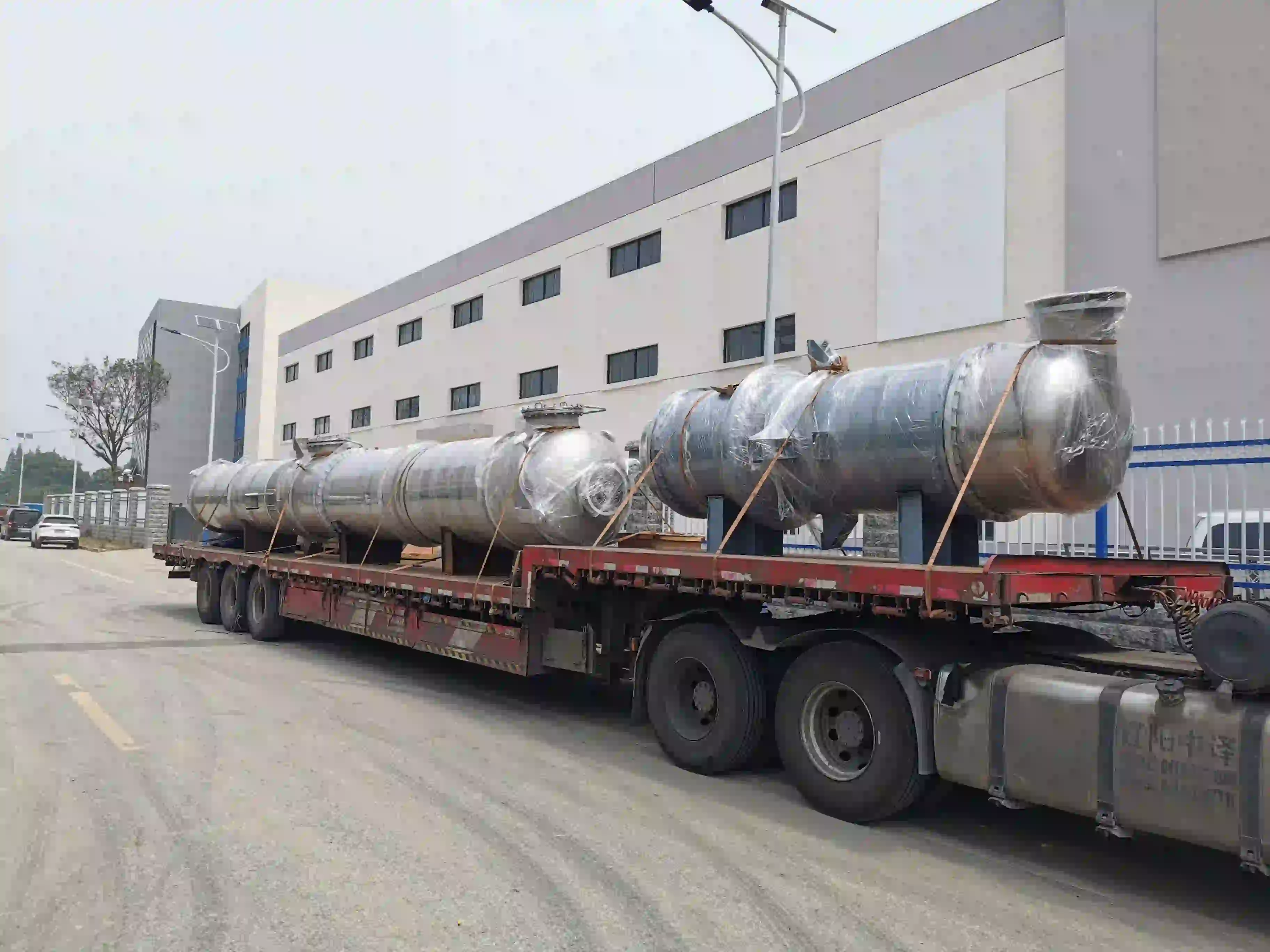Transportation is an essential aspect of modern society, enabling the movement of people, goods, and services. The need for good transport infrastructure is paramount for economic growth, social development, and environmental sustainability. In this blog post, we will delve into the reasons why we need efficient transportation systems and explore their multifaceted benefits.
- Economic Growth:
Efficient transportation systems are crucial for fostering economic growth. They facilitate the movement of goods and services, connecting producers with consumers and businesses with markets. A well-developed transport network reduces transportation costs, enhances supply chain efficiency, and enables businesses to expand their reach. This, in turn, stimulates trade, attracts investments, and creates employment opportunities. - Accessibility and Mobility:
Good transport infrastructure ensures accessibility and mobility for individuals, communities, and regions. It connects remote areas to urban centers, enabling people to access education, healthcare, and employment opportunities. Efficient transportation systems also enhance social inclusion by reducing barriers to mobility for vulnerable populations, such as the elderly or disabled. Moreover, reliable public transportation reduces traffic congestion, making commuting faster and more convenient for everyone. - Environmental Sustainability:
While transportation is vital for economic development, it also contributes to environmental challenges, such as air pollution and greenhouse gas emissions. However, efficient transportation systems can help mitigate these issues. By promoting the use of sustainable modes of transport like electric vehicles, bicycles, and public transit, we can reduce carbon footprints and improve air quality. Additionally, well-planned transport networks can minimize urban sprawl, preserve natural habitats, and promote eco-friendly urban planning. - Social Integration and Cultural Exchange:
Efficient transportation systems foster social integration and cultural exchange by connecting diverse communities and facilitating interactions. They enable people from different backgrounds to come together, share ideas, and celebrate their cultural heritage. Moreover, improved transport infrastructure encourages tourism, allowing visitors to explore new destinations, experience different cultures, and contribute to local economies. This cultural exchange promotes understanding, tolerance, and global harmony. - Emergency Response and Disaster Management:
During emergencies and natural disasters, efficient transportation systems play a critical role in facilitating emergency response and disaster management. They enable the swift movement of emergency personnel, supplies, and equipment to affected areas, ensuring timely assistance to those in need. Well-planned transport networks also incorporate disaster resilience measures, such as alternative routes and evacuation plans, to minimize the impact of disasters on communities.
Conclusion:
In conclusion, the significance of good transport infrastructure cannot be overstated. It is the backbone of economic growth, social development, and environmental sustainability. Efficient transportation systems enhance accessibility, mobility, and social integration while reducing environmental impacts. By investing in and prioritizing the development of robust transport networks, we can create a more connected, prosperous, and sustainable future for all.

